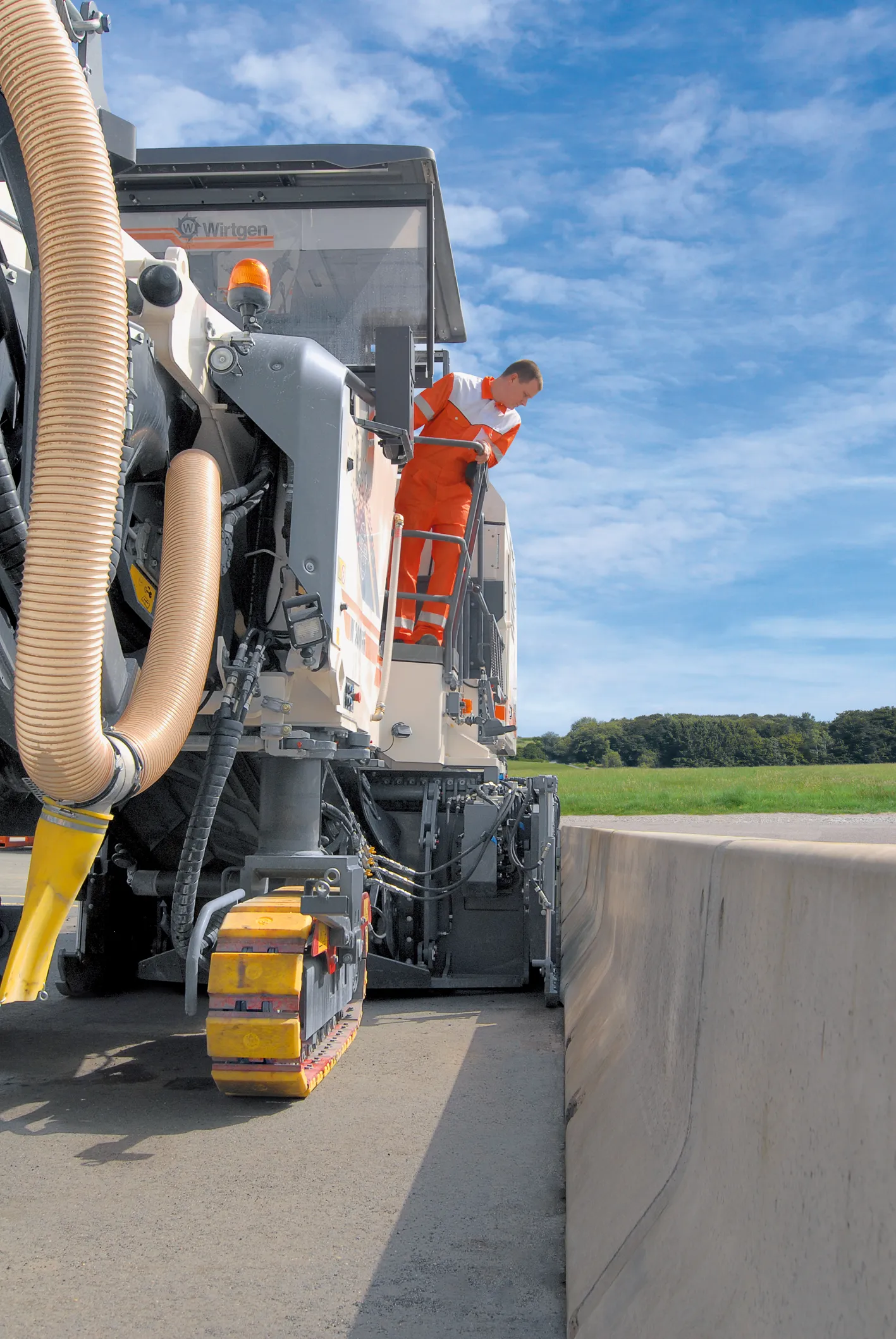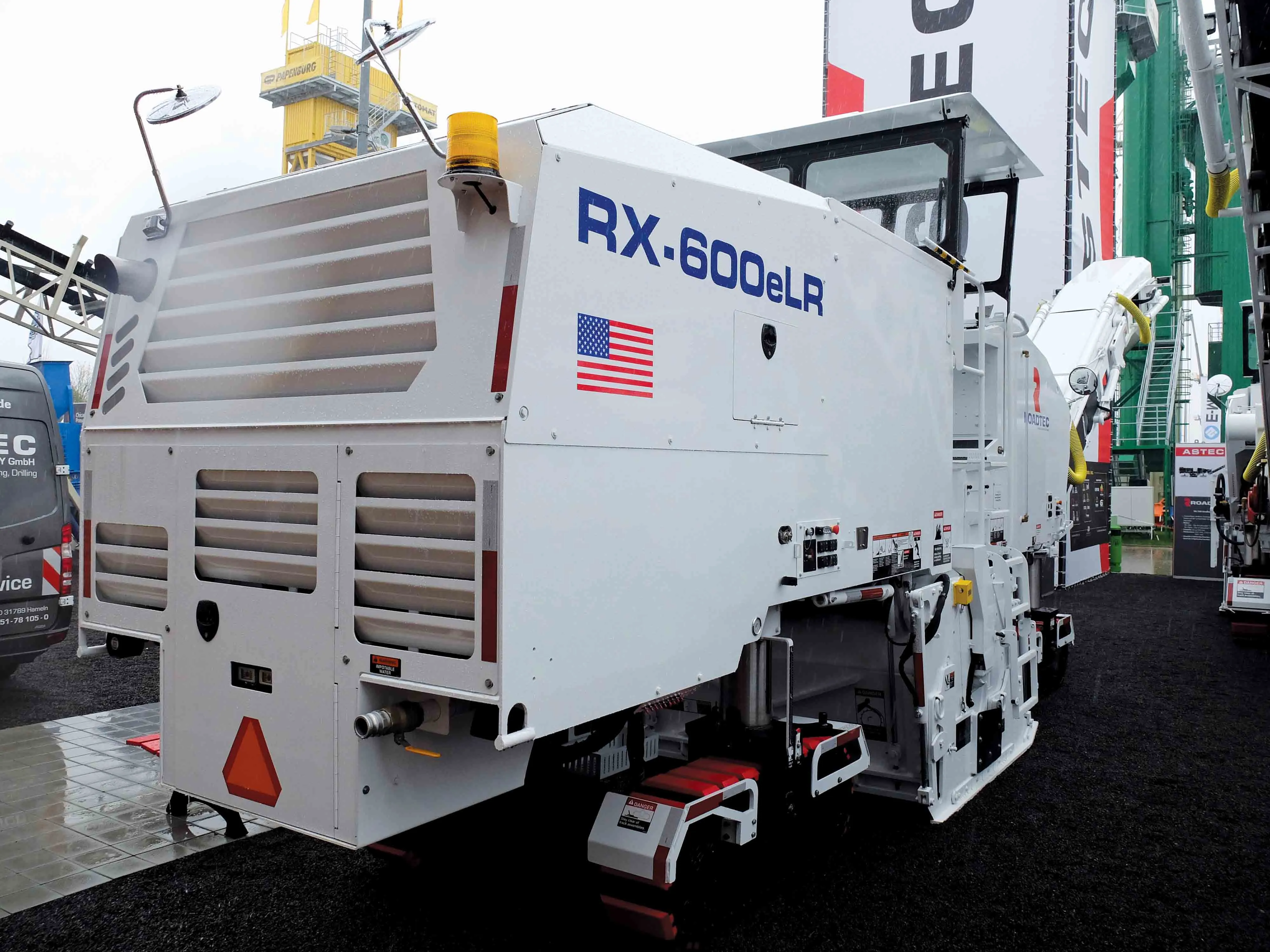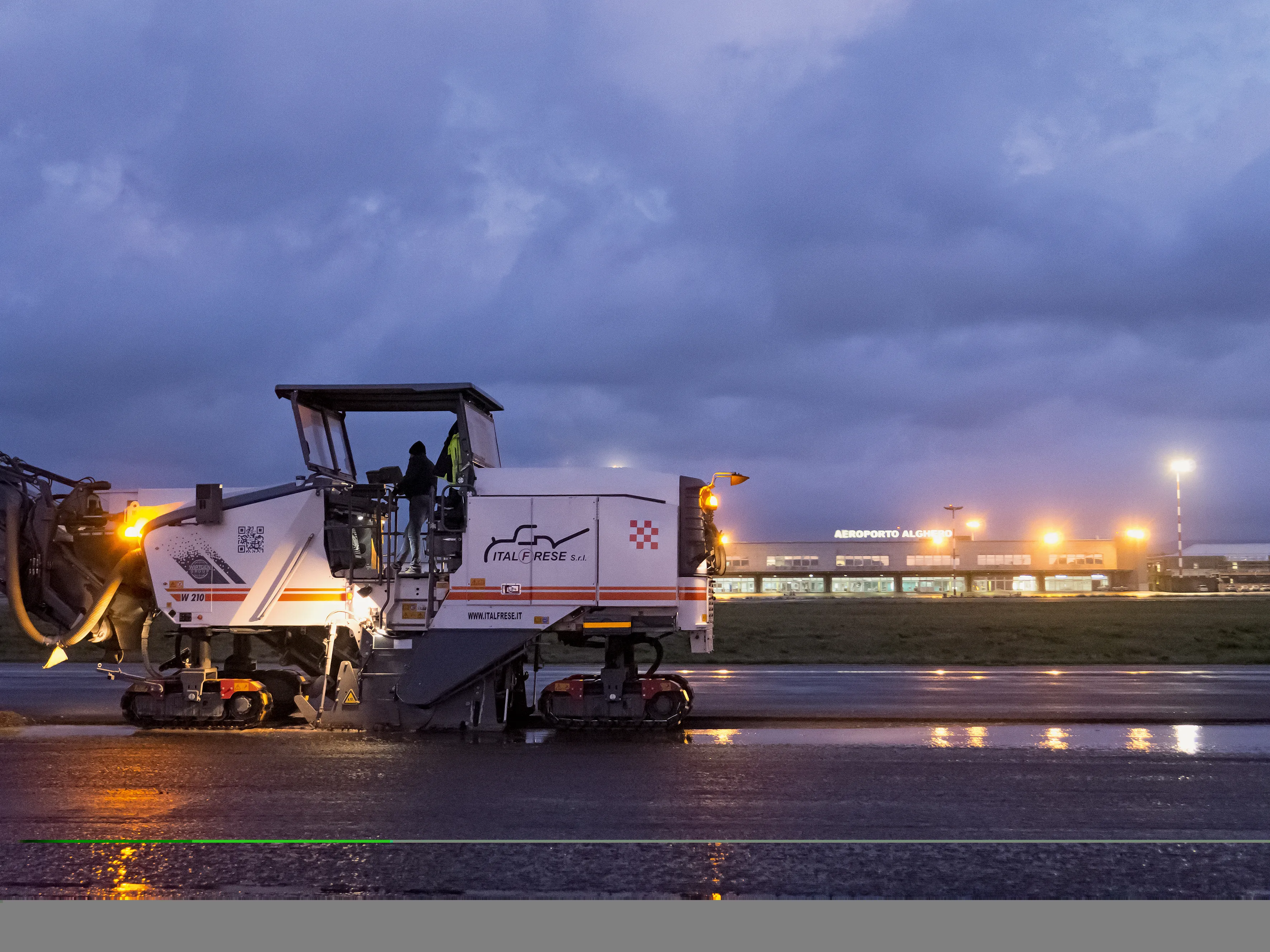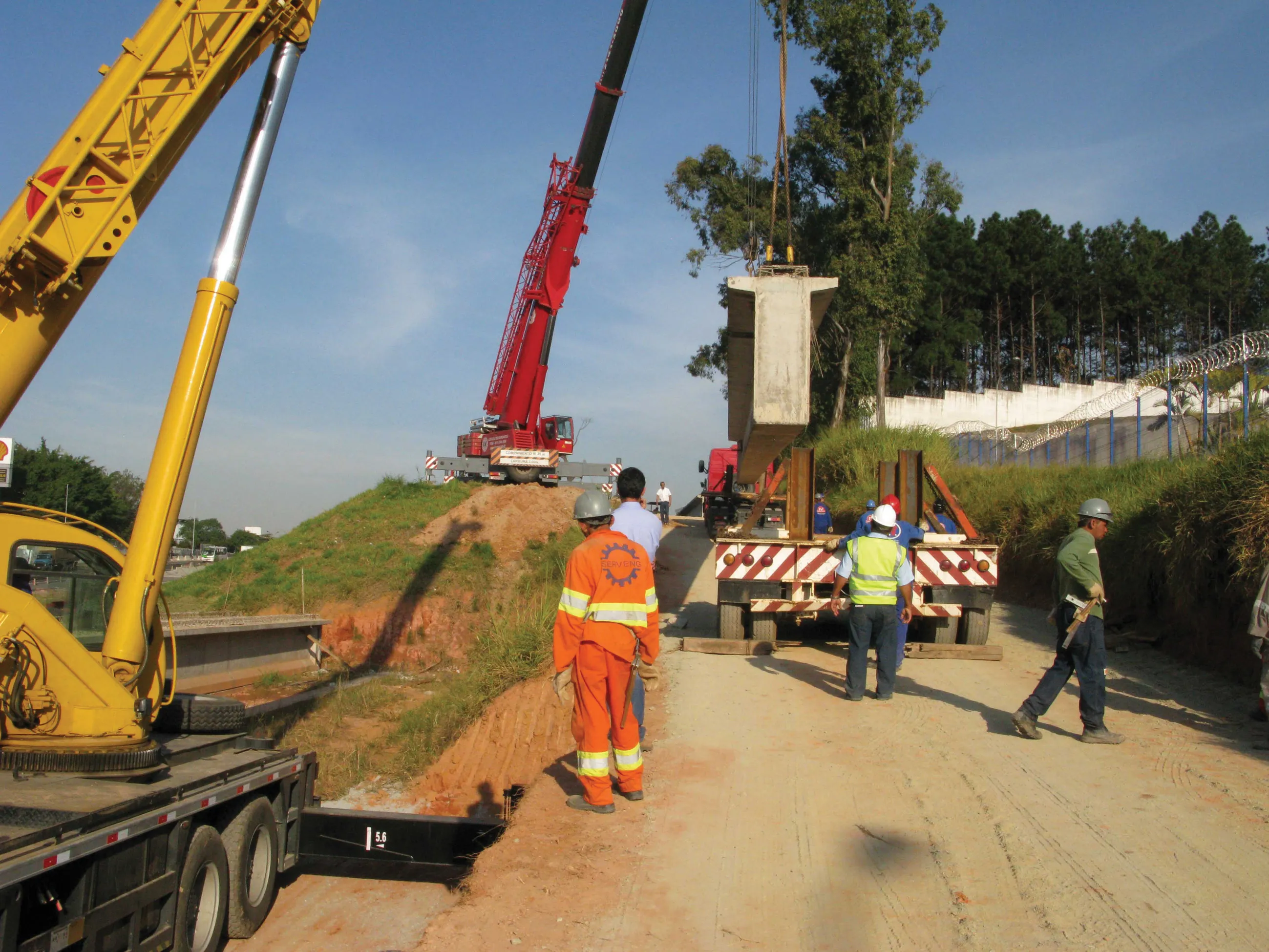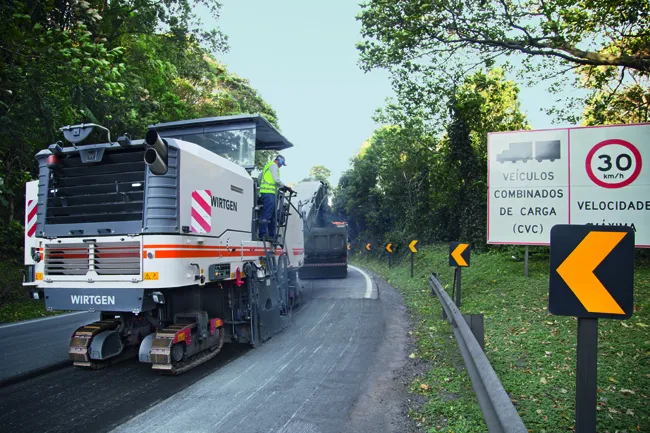
The Anchieta-Imigrantes highway system provides the main link between the metropolitan region of São Paulo and the port of Santos, the busiest port in Latin America. Construction of the Anchieta highway began in 1947, with Imigrantes following at the start of the 1970s. Today the Anchieta handles mainly heavy goods traffic and 95% of its daily traffic consists of trucks. Meanwhile, cars predominantly use the Imigrantes. Now the two highways are being rehabilitated over a total length of 300km. The removal of the surface and binder course has been handled by a
W 200
The high proportion of trucks and the significant traffic density place a heavy load on the asphalt surfaces, making regular maintenance vital. The contract for the current job was won by the Baixada Santista Consortium. The construction company CR Almeida, which is part of the consortium and responsible for the milling, worked alternately on both roads – northbound and southbound. While the W 200 milled the Anchieta highway, which was closed completely, traffic was diverted to the Imigrantes highway.
CR Almeida is using the W 200 milling machine in continuous operation 24 hours/day during the rehabilitation work. The W 200 is specially configured for high area outputs but also benefits from manoeuvrability for such a large machine.
According to milling machine operator Janderson de Souza Mota, the WIDRIVE machine control system that links key machine functions together plays an important role in optimising performance. He said, “While the engine, for instance, sets the operating speed automatically when the milling process is started, it automatically returns to its idling speed when milling is finished. This allows us to reduce not only fuel consumption but also noise emissions.”
The machine’s manoeuvrability and versatility also came in useful while it was being used to handle a small job, a task squeezed in between the two highway milling projects.
With the milling work on the Anchieta highway having been completed faster than anticipated, the W 200 was used for a small milling job at Cubato, before it was to begin its scheduled night-time job on the Imigrantes highway. The team stopped at Cubatao, just a few kilometres away, in order to mill a strip a few hundred metres long over a working width of 2m, but this time to a depth of 280mm. The site was on the way and the team knew that the W 200 could be unloaded quickly to handle the little job, before being transported again to the Imigrantes Highway site.
The Anchieta and Imigrantes Highway jobs shared key technical features, with milling depths ranging from 80-280mm, depending on the working area. Two passes were needed on the highway sections, with the machine milling off a 2m-wide section in each pass. In all the work to the highways has been carried out along a total length of 65km.


